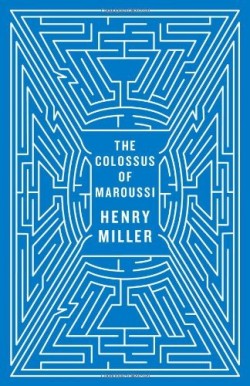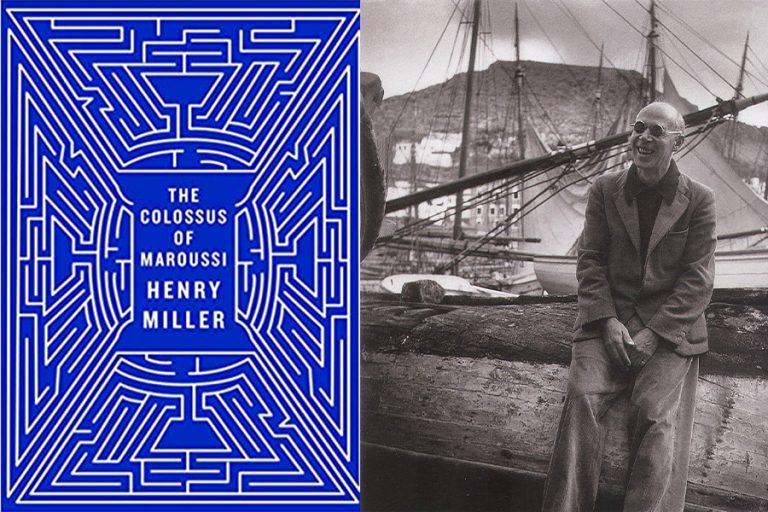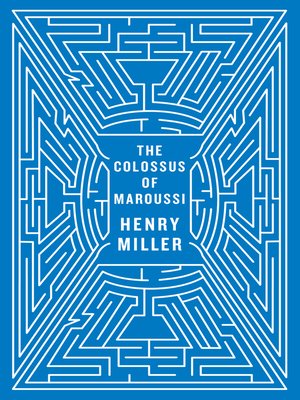

A quote from Katsimbalis: “English poetry sounds like wooden money dropping into a sewer.” After visiting Nauplia, a prison town, they broke away from the Athens area to explore the Peloponnesus, Tiryns, the Mycenaic region and Agamemnon’s tomb.

Seriades, another poet, and Ghilka, a local artist.

Henry made some accomplished friends: Katsimbalis, a poet and former war hero, a compulsive talker with an endless stream of fascinating anecdotes, and Dr. The friendliness of the people in spite of their poverty impressed him greatly, to the point that he ranted about the ubiquitousness and depravity of money and how it perverted the natural instincts of humans to be generous and giving, into stingy cash-hungry automatonic greed. All the time Henry was becoming more entranced with the blue and white houses, the cubical architecture, and the ambient luminescence. They visited the Acropolis, Eleusis, Poros and other sites, traveling over rocky dirt roads and walking goat trails in the heated, lambent light. The Greek army had been mobilized resulting in a plethora of troop movements with the consequential disruption of civilian services and tourist accomodations. News of the war impinged on their idyll, however, so Henry, Lawrence and Nancy sailed to Athens hoping to discover what the dangers were and to visit friends. In the quiet times, he investigated literature: the works of Madame Blavatsky, Shakspeare (the Phoenix and the Turtle), the diaries of Nijinsky and some of Knut Hamsun’s novels. He expected to see gods appear around every corner. The whole area, to Henry, reeked of history. The very rocks and cliffs held a mystical quality that reverberated with a kind of silent hum, timeless and numinous in their ageless transcendency. Miller was stunned by the physiography of the area: the constant, brilliant white light that illumined the scenery in a magical way and the islands that appeared to float in air just above the horizon, seemingly just beyond touch. In spite of the incipient war, the trio (along with Lawrence’s wife, Nancy) had a great time swimming in the ocean, prowling around the small villages, sampling the rough vintages and talking incessantly about writing, politics, and most importantly, the Greek mythos. In 1939 Laurence Durrell invited Henry to visit him on the island of Corfu.


 0 kommentar(er)
0 kommentar(er)
